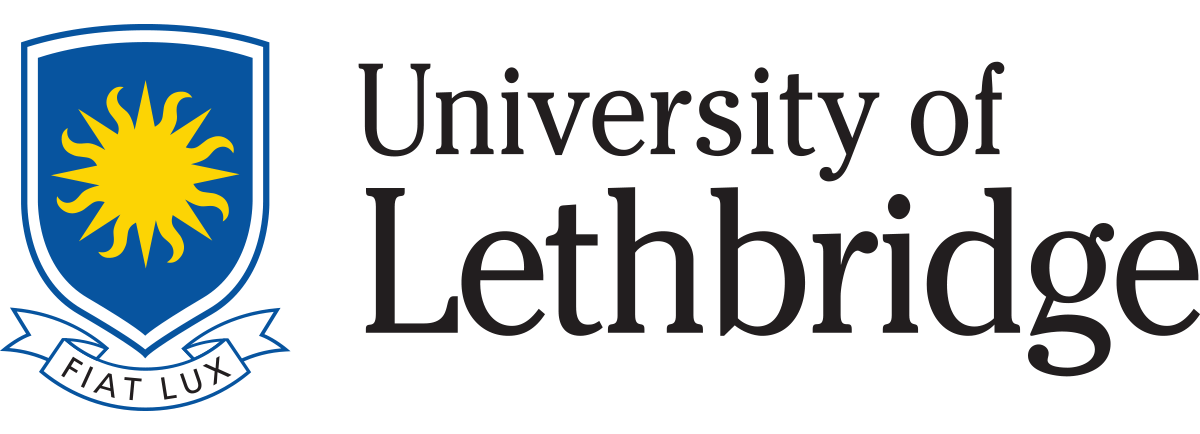Graduate positions are available for individual interested in studying effects of natural and anthropogenic chemical stressors on aquatic organisms, primarily fish. In particular, candidates should have an interest in molecular and biochemical mechanisms of acute and chronic toxicity. At this time, opportunities exist in the following areas:
1. Intra-generational and multi-generational toxicity of acute (pulse) early life-stage exposure to chemicals stressors, including, but not limited to, pharmaceutical and personal care products (PCPP), industrial chemicals (ie. flame retardants, pesticides), municipal water water effluent, and oil and gas related chemicals.
2. Predictive Adaptive Responses to Chemical Stressors - This research addresses whether early life-stage exposure to chemical stressors elicits adaptive molecular responses (including responses of the epigenome) that allow organisms to cope with re-exposure to chemical stressors at later stages of development.

